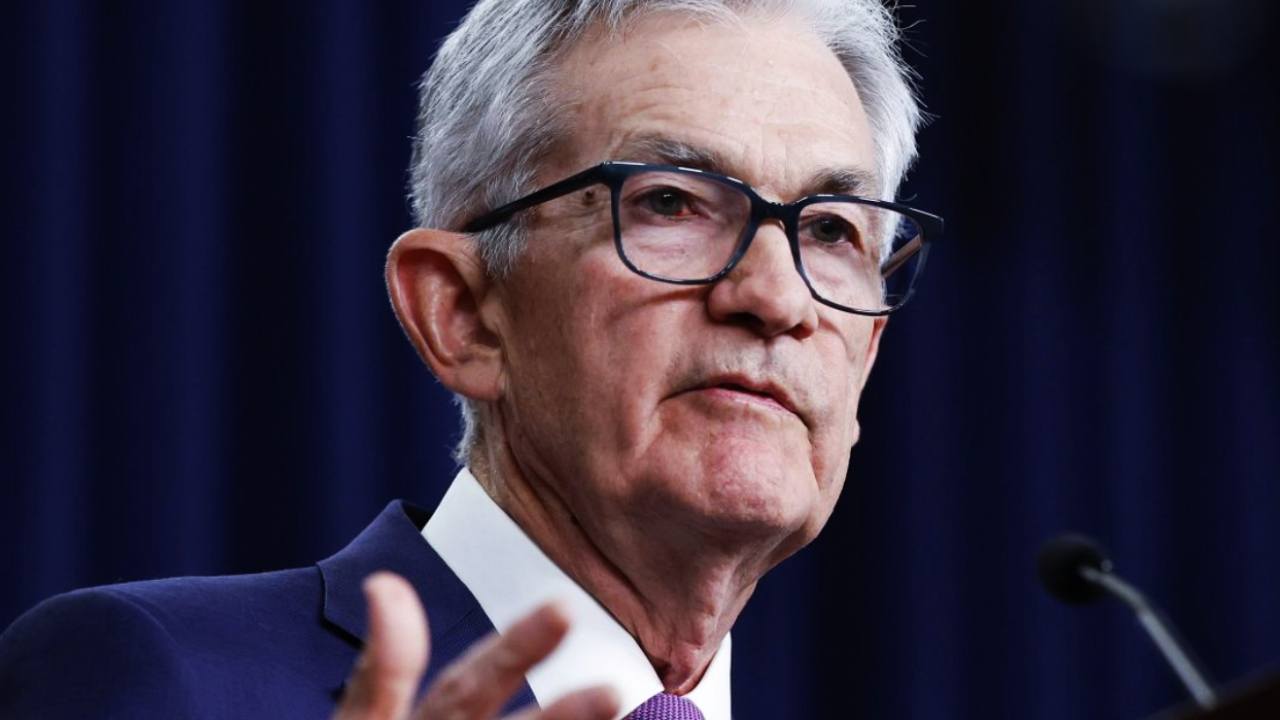The Federal Reserve, a cornerstone of the U.S. financial system, is facing unprecedented scrutiny as Federal Housing Finance Agency (FHFA) Director Bill Pulte calls for a congressional investigation into Federal Reserve Chair Jerome Powell. The controversy stems from Powell’s testimony regarding a $2.5 billion renovation of the Federal Reserve headquarters, with Pulte accusing Powell of making “deceptive” statements and exhibiting potential political bias. This situation raises critical questions about the Fed’s independence, transparency, and the broader implications for the U.S. economy.
The Controversy Over the $2.5 Billion Renovation
At the heart of the controversy is the Federal Reserve’s decision to undertake a $2.5 billion renovation of its headquarters in Washington, D.C. While infrastructure upgrades are often necessary, the scale of this project has drawn significant criticism, particularly in an era of heightened scrutiny over government spending. The Federal Reserve, though independent in its monetary policy decisions, remains accountable to Congress, which oversees its budget and operations.
Pulte’s accusations focus on Powell’s testimony before Congress, where he allegedly misled lawmakers about the renovation’s details. The specific nature of these alleged deceptions remains unclear, but key concerns likely include the necessity of the renovation, the justification for the exorbitant cost, and the transparency of the bidding and contracting processes. Critics, including Pulte, have characterized the renovation as a “luxury” upgrade, suggesting that the project extends beyond essential repairs and improvements.
The Federal Reserve’s dual mandate—price stability and maximum employment—requires it to operate with a degree of independence from political pressures. However, this independence does not exempt it from public and congressional oversight, especially when substantial expenditures are involved. The renovation’s cost, coupled with Pulte’s accusations, has sparked a broader debate about the Fed’s accountability and the appropriateness of its spending priorities.
Bill Pulte’s Motivations: Political, Policy, or Personal?
Understanding Pulte’s motivations for calling for an investigation is essential to assessing the credibility and potential impact of his claims. Several factors may be at play:
Potential Ramifications for the Fed and the Economy
The call for a congressional investigation into Powell carries significant implications for the Federal Reserve, financial markets, and the broader economy:
The Path Forward: Transparency and Accountability
Regardless of the outcome of any potential investigation, the current situation highlights the importance of transparency and accountability at the Federal Reserve. The Fed must be proactive in communicating its policies and decisions to the public and Congress, and it must be willing to address legitimate concerns about its operations.
Increased transparency can help build trust and confidence in the Fed, while accountability mechanisms can ensure that the Fed is acting in the best interests of the public. This includes providing clear and detailed justifications for major expenditures, such as the $2.5 billion headquarters renovation, and being responsive to inquiries from Congress and the public.
Any investigation into Powell’s conduct should be conducted in a fair and impartial manner, with a focus on uncovering the facts and avoiding politically motivated attacks. The integrity and independence of the Federal Reserve are essential for maintaining economic stability, and any actions that undermine these principles could have serious consequences for the U.S. economy and the global financial system.
Conclusion: A Test of the Fed’s Resilience
The accusations against Jerome Powell represent a significant challenge for the Federal Reserve. The outcome of this situation will not only determine Powell’s future as Fed Chair but will also have lasting implications for the Fed’s independence, credibility, and ability to effectively manage monetary policy. This moment serves as a stark reminder that even institutions designed to operate outside the immediate fray of political battles are not immune to scrutiny and controversy. The Fed’s ability to navigate this challenge with transparency, accountability, and a steadfast focus on its dual mandate will be crucial for maintaining economic stability and preserving public trust. The resilience of the Federal Reserve in the face of this controversy will ultimately determine its ability to continue fulfilling its critical role in the U.S. economy.











